Achieving climate resilience in Baltimore demands broad collaboration across stakeholders and fields. One organizing structure in BSEC is “Science Theme Teams” that help us to convene around specific scientific questions. Theme teams include Air Quality, Atmospheric Dynamics, Buildings & Energy, Community Engagement, Data & Software, Decision Science, Biogeochemistry, Health, Transportation, Vegetation & Soils, and Water & Water Quality. Cross cutting problem areas include Heat, Energy Security, Flooding, and Indoor/Outdoor Air Quality. Details on some Theme activities are linked below.
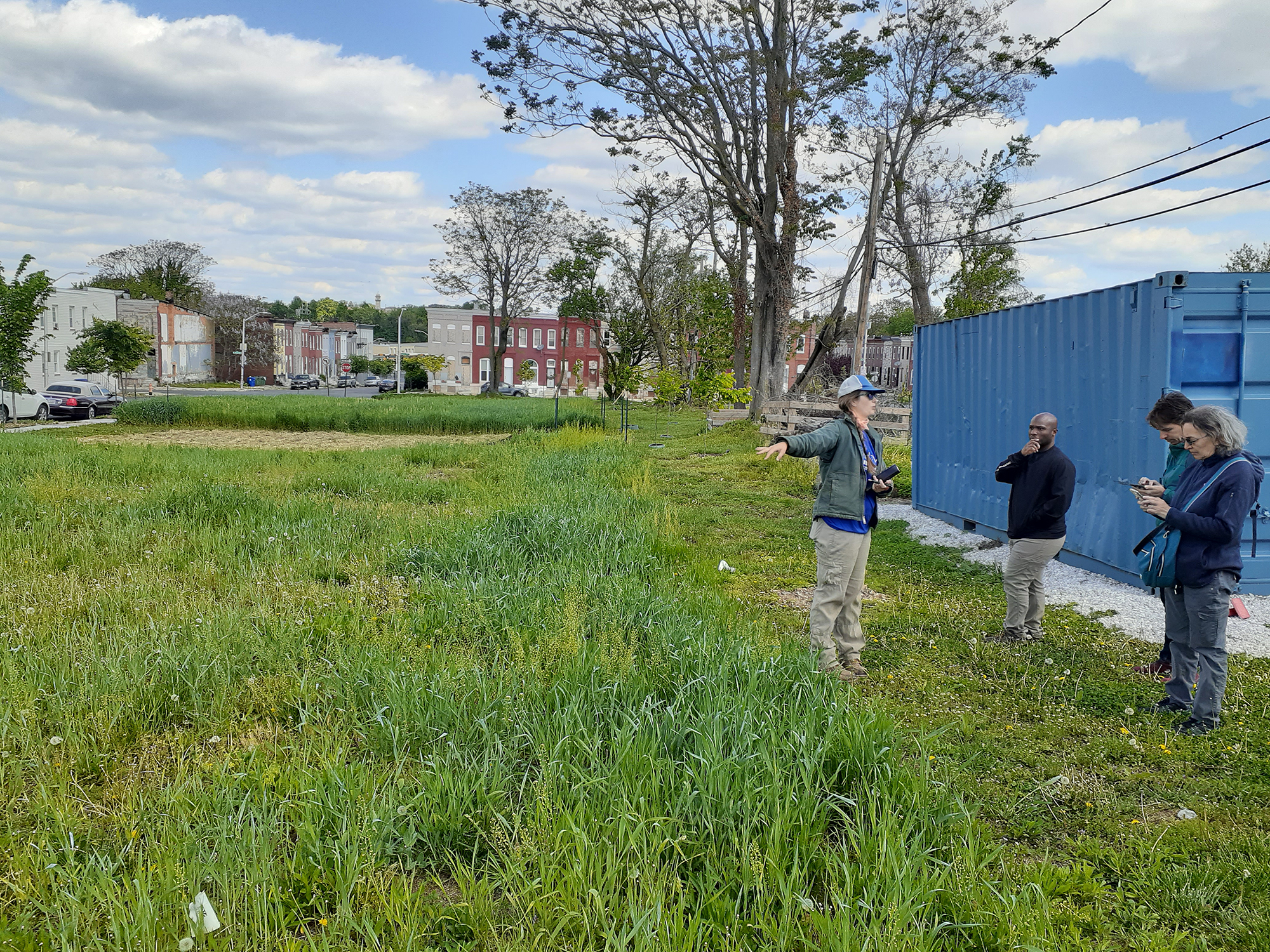
Vegetation, Soils, and Ecosystems
Plants, from large trees to grasses, reduce the impact of climate change and absorb carbon dioxide from the atmosphere.
Vegetation, Soils, and Ecosystems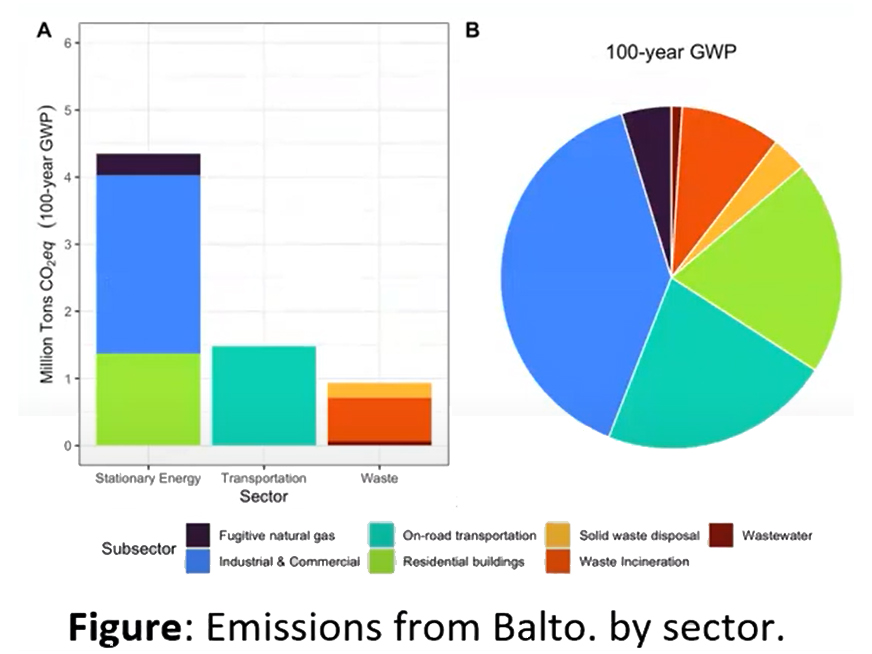
Biogeochemistry
Emissions of carbon dioxide, methane, and nitrous oxide have led to climate change, and emissions are still increasing worldwide.
biogeochemistry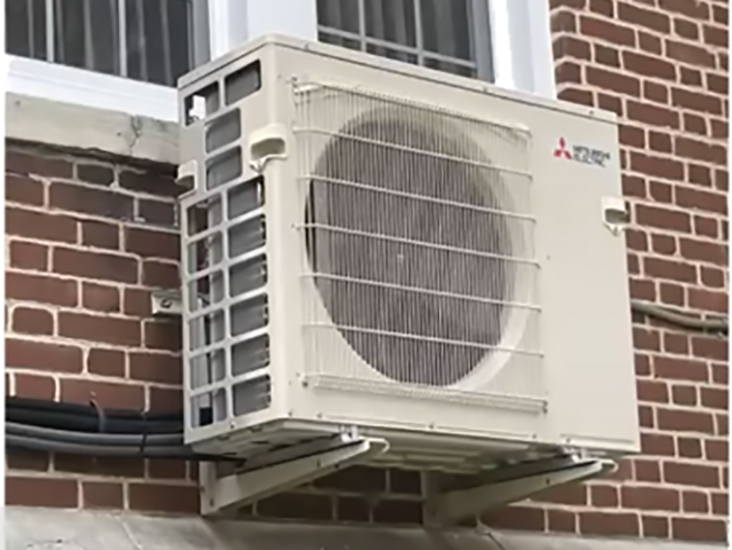
Buildings and Energy
Baltimore residents face high energy bills and old housing stock.
Buildings and Energy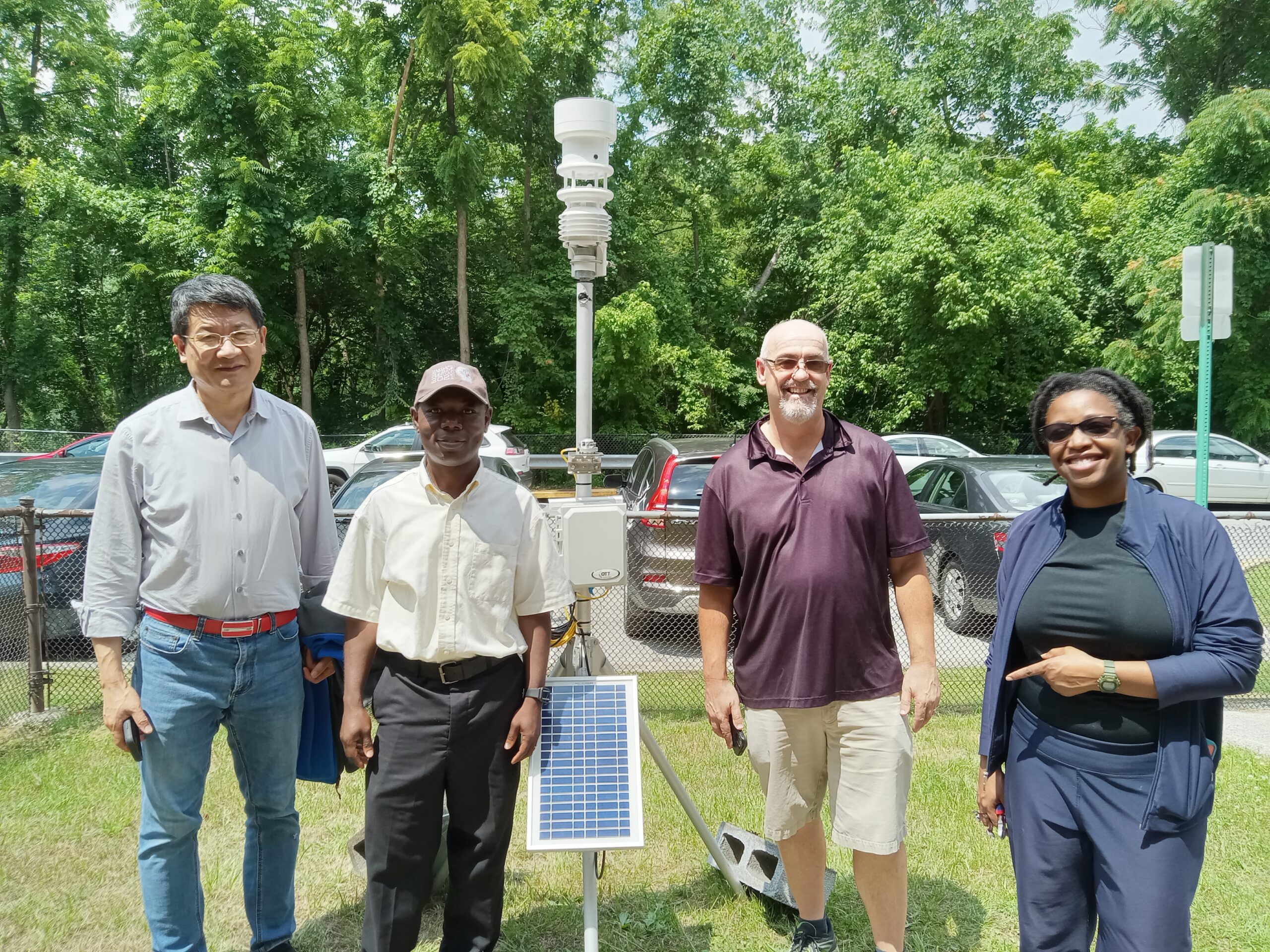
Atmospheric Dynamics
Cities are particularly complex ecosystems, and weather in cities is generally less studied.
Atmospheric Dynamics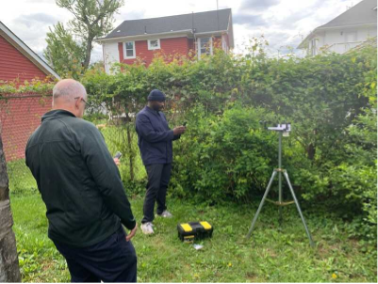
Heat problem area
Excess heat kills people, directly and by exacerbating health issues.
heat problem area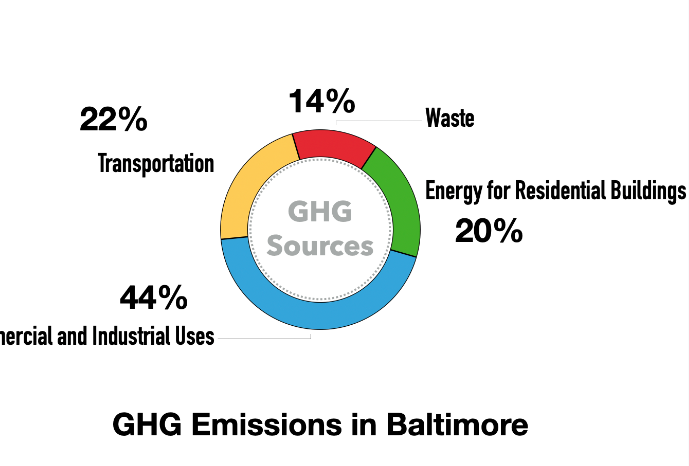
Energy Security problem area
Baltimore residents face high energy bills and uncertain future energy costs.
energy security problem area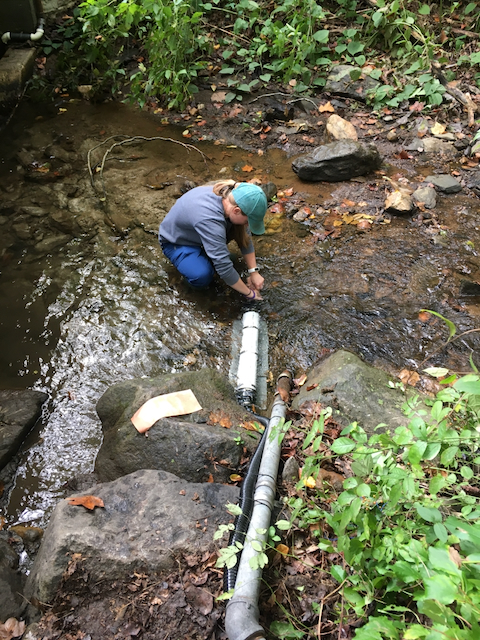
Water and water quality
Life on earth cannot survive without water — and yet water can be a hazard to life when it is contaminated with organisms or pollutants
Water and water quality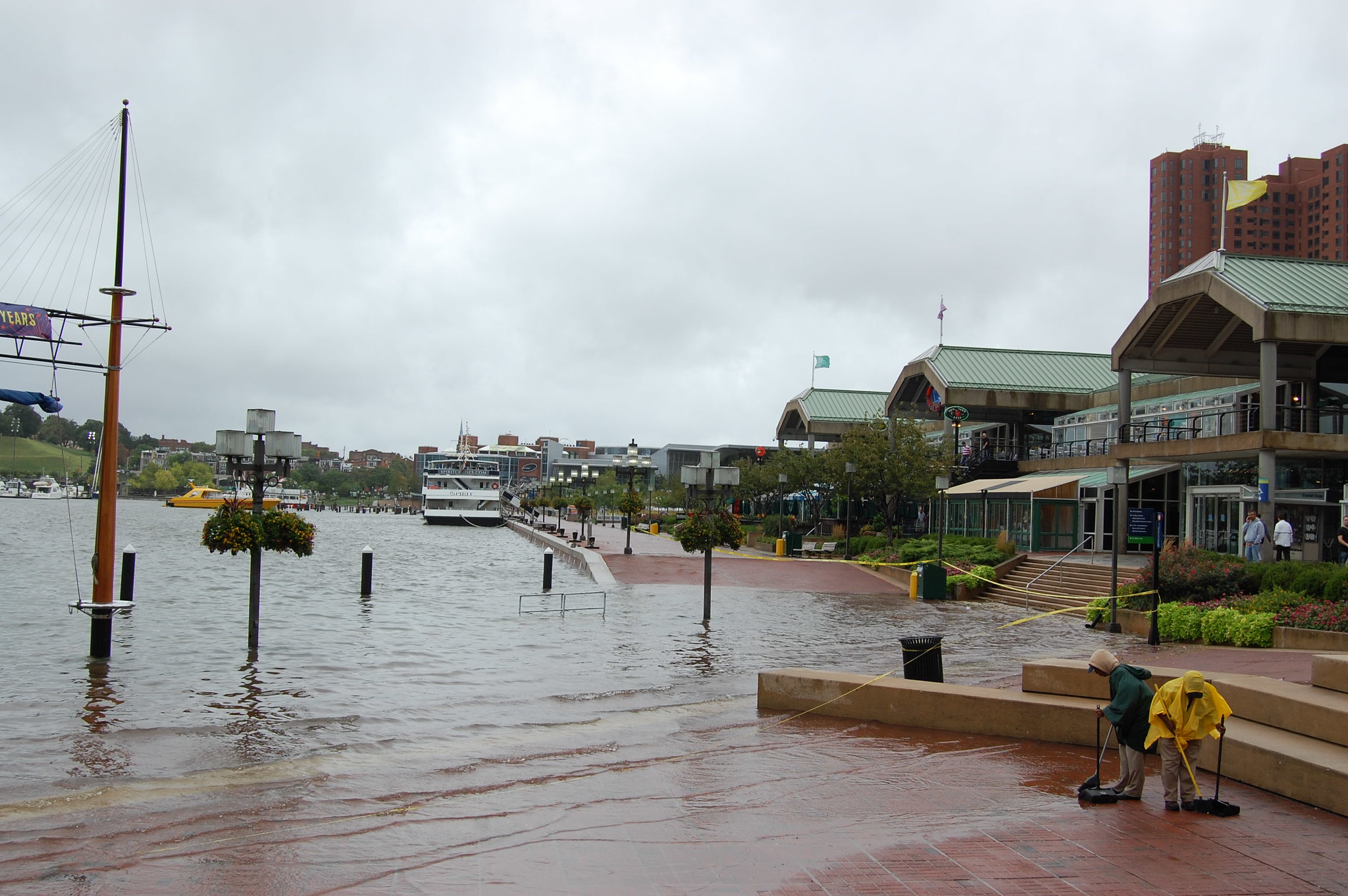
Flooding problem area
The increased intensity of rain storms can exceed the capacity of an area to absorb water, resulting in street flooding.
flooding problem area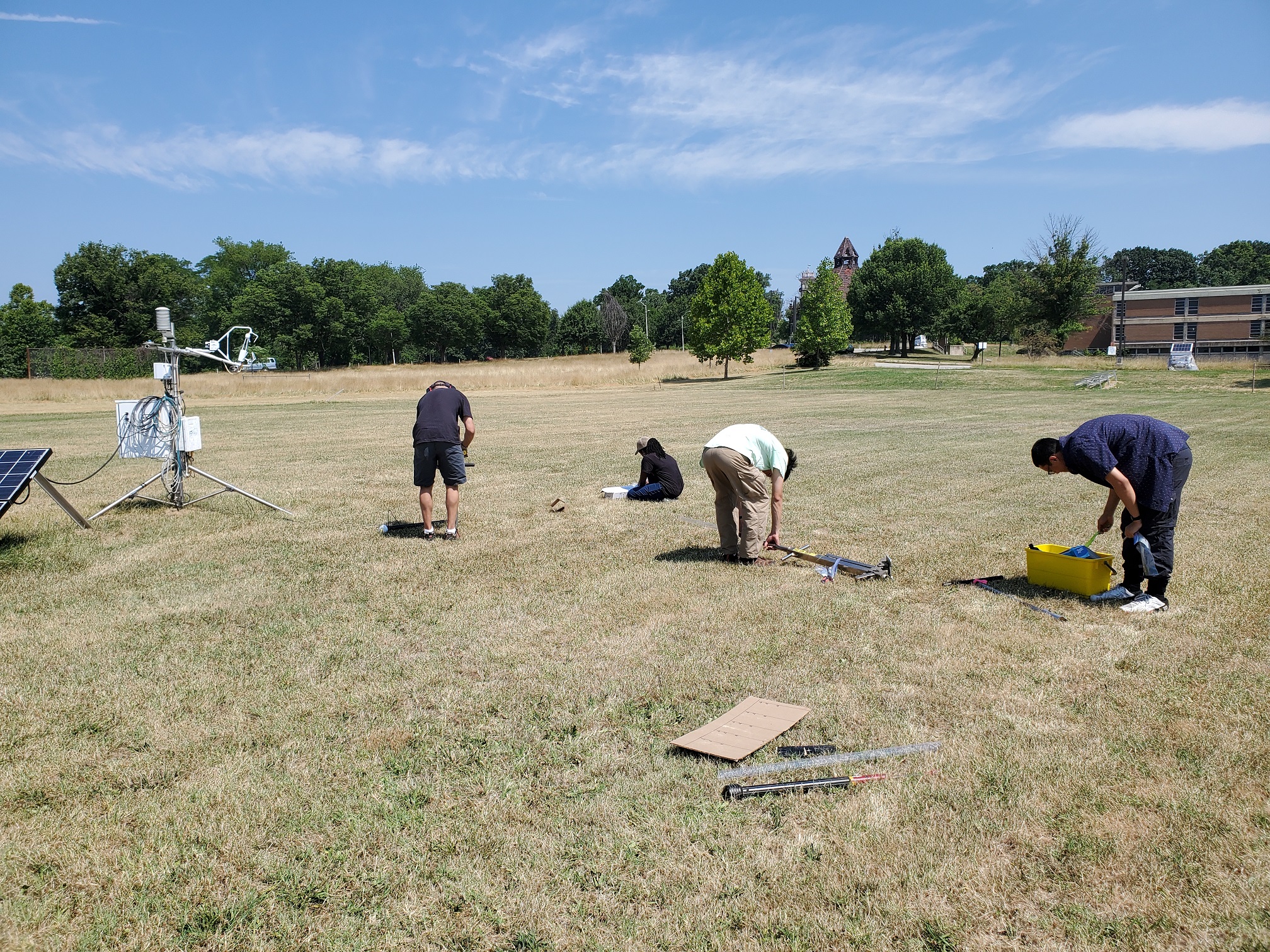
Health
Health disparities are a defining feature of life in Baltimore. As reported by the Baltimore Health Department in 2017, there is nearly a 20-year difference in life expectancy between some neighborhoods in Baltimore.
health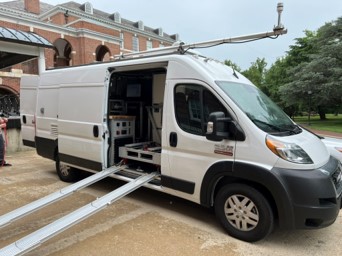
Air quality
Poor air quality is a leading cause of death and disease worldwide. Breathing polluted air damages lungs and other organs, and can lead to earlier deaths, lung cancer, heart disease, and neurological disorders.
air quality
